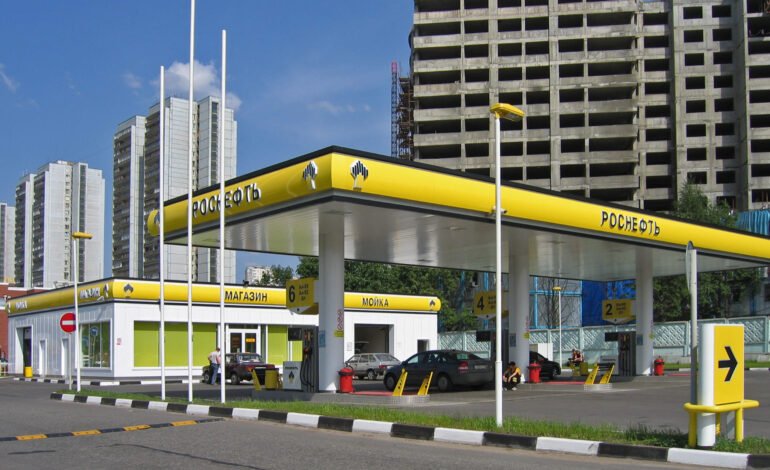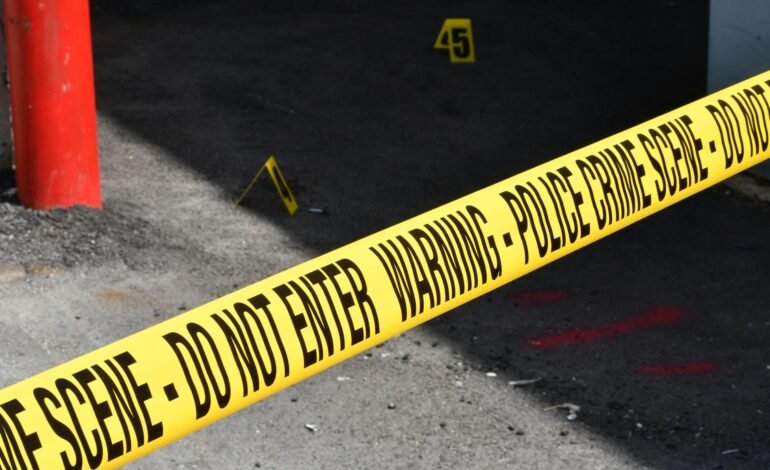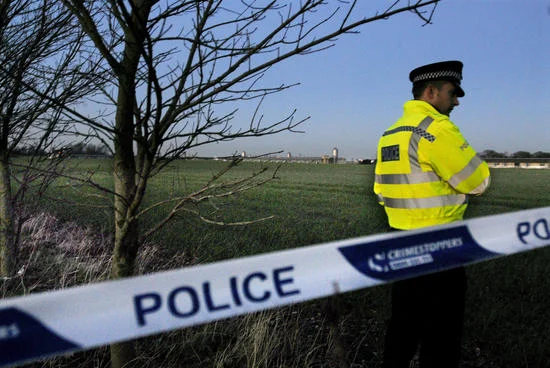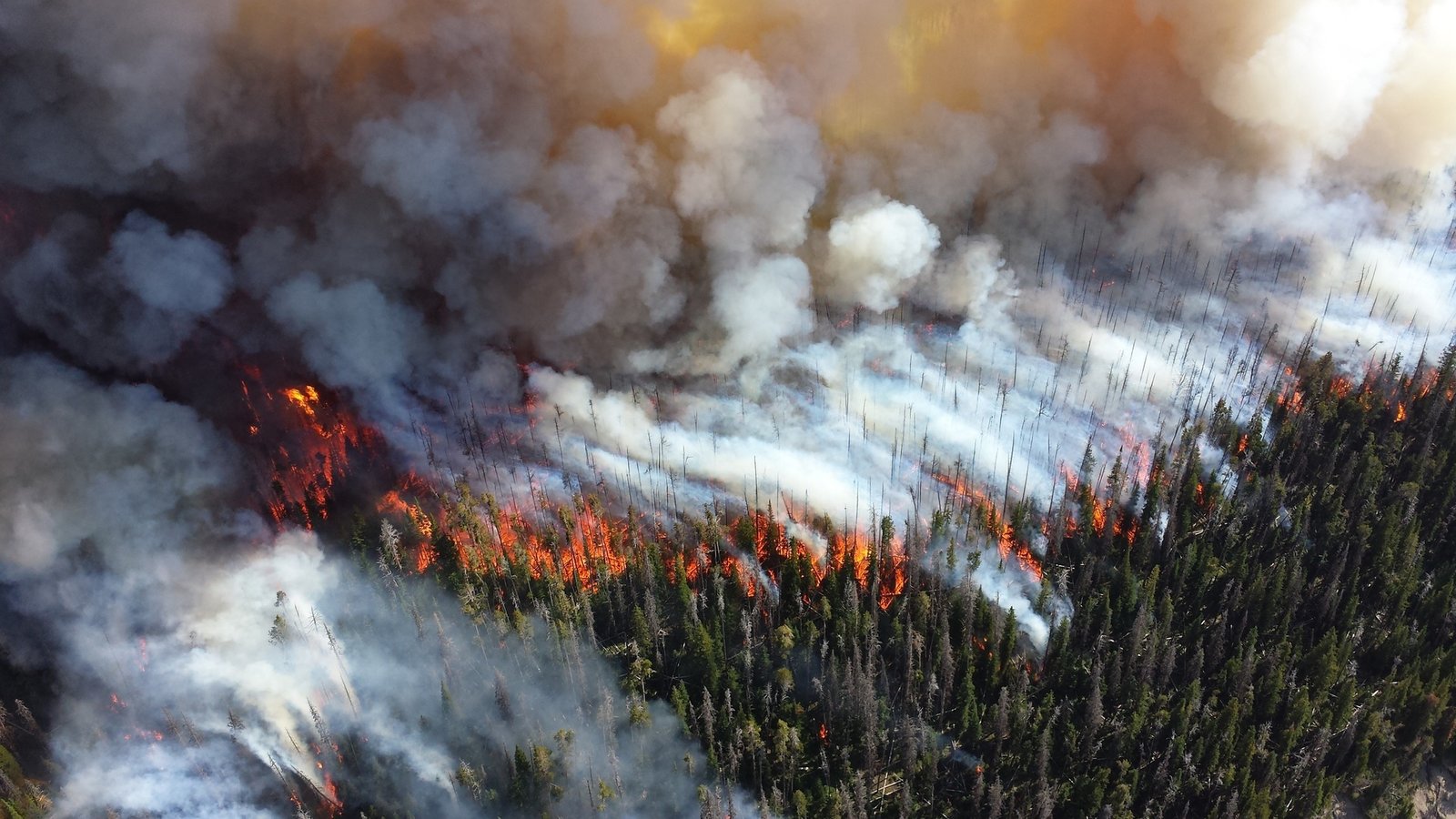Investing in climate resilience is cheaper than waiting, new study finds
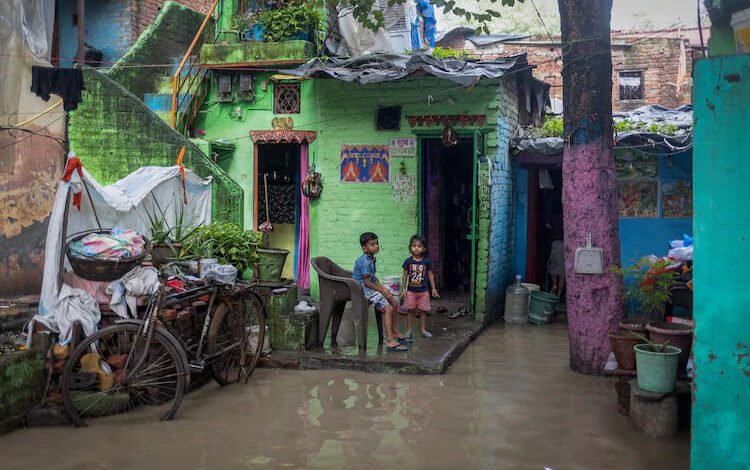
Investing in climate resilience now costs less than delaying action and paying for ever larger clean-up bills later, according to new economic modelling. The findings indicate that upfront spending to prepare for heat, floods and storms is more cost-effective than responding piecemeal after each disaster.
The research, led by economist Andrea Titton at the University of Amsterdam, simulated extreme weather shocks and tracked how they ripple through national economies and supply chains. The team found that investing in climate resilience delivers better value than the repeated costs countries incur when infrastructure fails and trade is disrupted.
International News — Latest from EyeOnLondon
Global developments with clear context. Explore today’s headlines and keep reading for more.
Typhoon Ragasa: Southern China and the Philippines brace and recover
Severe winds and flooding trigger evacuations and transport disruption across coastal communities.
Read the storyMore International News
Unidentified drones reported over Denmark and Norway
Authorities investigate sightings near critical sites as airspace security comes under scrutiny.
Read the storyMore International News
Russia petrol shortages: queues stretch from Crimea to the Volga
Drivers face long waits as supply disruptions deepen and officials pledge swift fixes.
Read the storyMore International News
Results were stark. Diversifying suppliers alone would not shield economies because climate hazards are global in reach. “Even small mistakes in dealing with climate change can become very costly,” Titton said.
The study carries clear lessons for India, the world’s most populous nation and on the front line of climate risk. Recent seasons have brought record heat and intense monsoon flooding, damaging homes and harvests. Analysts warn that lost productivity and crop failures could weigh on national income if investing in climate resilience is not prioritised.
Officials in New Delhi are being pushed towards a practical mix of measures. That includes clean-energy investment, infrastructure designed with climate in mind and supply chains that can withstand disruption. A global assessment of adaptation and resilience sets out how early action reduces losses and protects growth.
While many communities are already adapting, the research argues that waiting for certainty is the costliest option. The tipping points modelled in the study suggest that delayed action leads to larger, more frequent economic shocks that are harder to insure and more expensive to repair.
India has pledged that half of its power capacity will come from renewables by 2030. The study’s message is that resilience needs similar urgency across transport, water, health and agriculture so that households and businesses are better protected before the next extreme season arrives.
For more stories on London’s business, finance and the global economy, follow EyeOnLondon for informed and independent reporting.
[Image Credit | India Today]
Follow us on:
Subscribe to our YouTube channel for the latest videos and updates!
We value your thoughts! Share your feedback and help us make EyeOnLondon even better!

